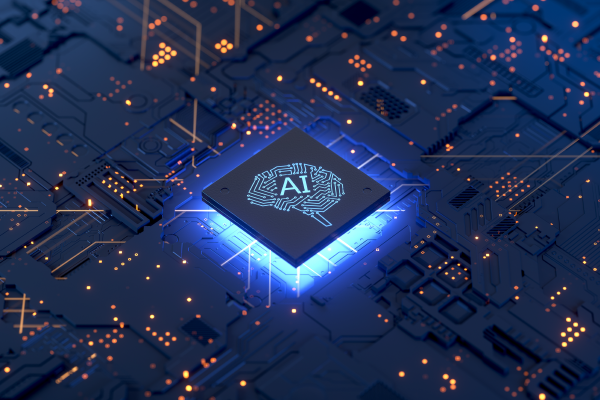The Dystopian Wave of Artificial Intelligence

Summary
The report, "The Dystopian Wave of Artificial Intelligence: A Framework of Competencies," is part of the Hybrid Security Series by Prosegur Research, which aims to explore the intersection of technology and security, emphasizing AI's transformative potential and the associated challenges.
A Tsunami Called AI
The report highlights the rapid growth of AI, originating in the 1950s, which has surged due to the explosion of digital data and advancements in computing. The AI market is projected to grow from €184 billion in 2024 to €826 billion in 2030, with significant developments in machine learning, natural language processing, and robotics.
Impact on Labor Market and Industrial Sectors
AI's widespread adoption is transforming various fields and impacting the labor market. According to the IMF and Stanford, AI could affect 40% of jobs globally, altering workforce technical needs. Key industries like governance, customer service, data management, medicine, and fintech are expected to see major changes.
AI's Life Cycle and Market Expectations
Gartner's technology life cycle indicates AI is in a rapid ascent phase with high expectations, potentially followed by a "valley of disillusionment" before stabilization. Companies need to stay updated with disruptive innovations to leverage AI effectively.
Challenges and Ethical Considerations
AI integration poses challenges, including biases, ethical concerns, and over-reliance on technology. The report emphasizes responsible AI practices, transparency, and legal frameworks, along with continuous learning and adaptation.
Empowerment Through AI
The report advocates for "intelligent empowerment," where AI enhances human skills and productivity. This involves training in new technologies, fostering creativity, and improving decision-making. AI can automate mundane tasks, allowing humans to focus on complex problem-solving.
AI in Security
AI's multifaceted role in security includes pattern recognition, people flow analysis, advanced alarm systems, and predictive modeling. Integrating AI with human expertise enhances security operations, leading to more efficient and effective solutions.
Conclusion
The report concludes by emphasizing that the future of AI lies in its ability to empower humans and enhance their skills. Companies that invest in AI for human empowerment will create more prosperous societies and maintain a competitive edge. Embracing AI as part of a broader technological ecosystem, with a focus on ethical and responsible use, will enable organizations to navigate the rapid changes and challenges posed by AI development. The ultimate goal is to create a safer and more prosperous world through the intelligent integration of AI into various sectors.
Stay updated with the latest security trends and analyses by following Prosegur's blog.


